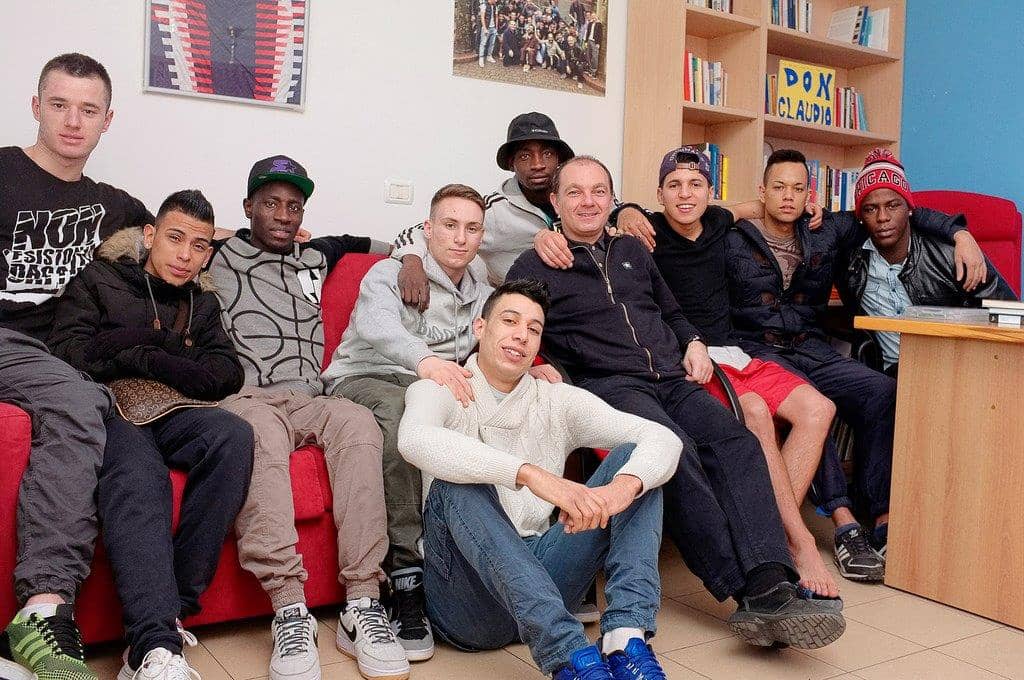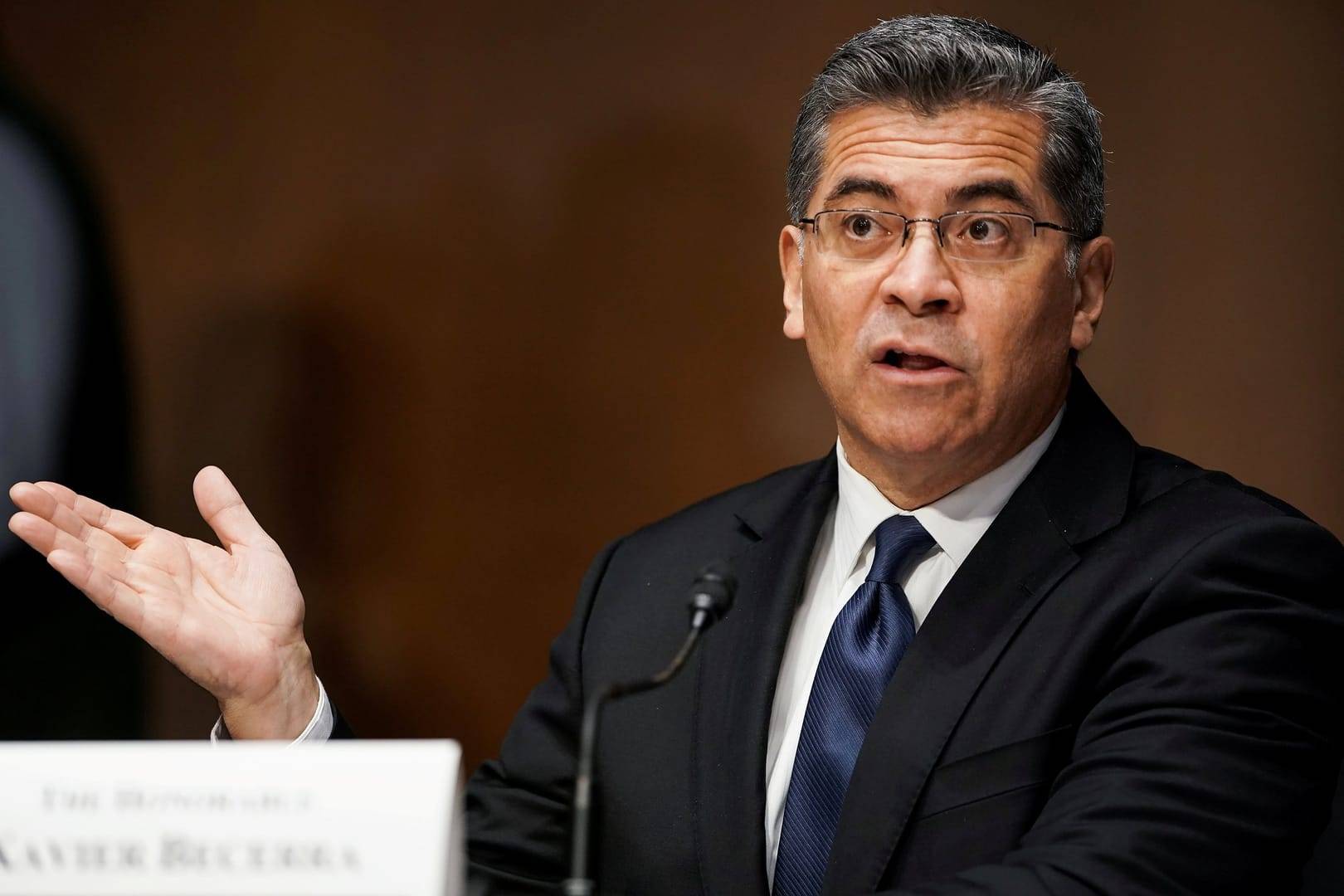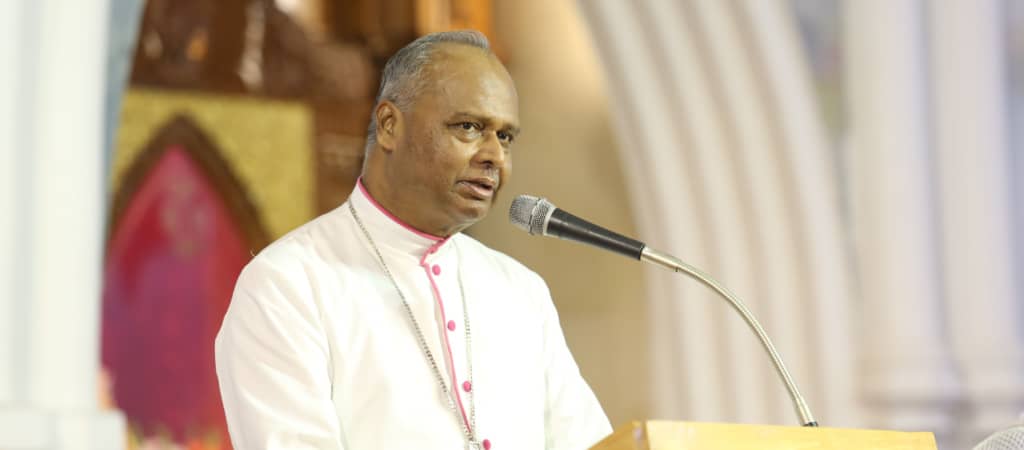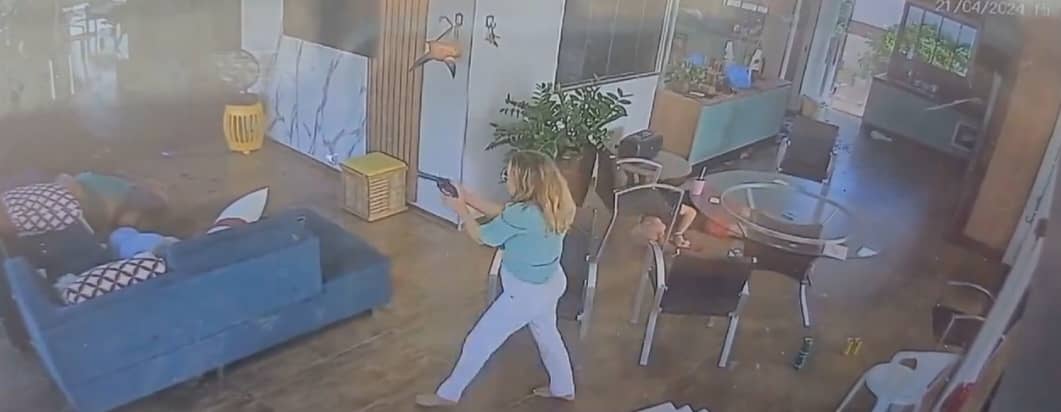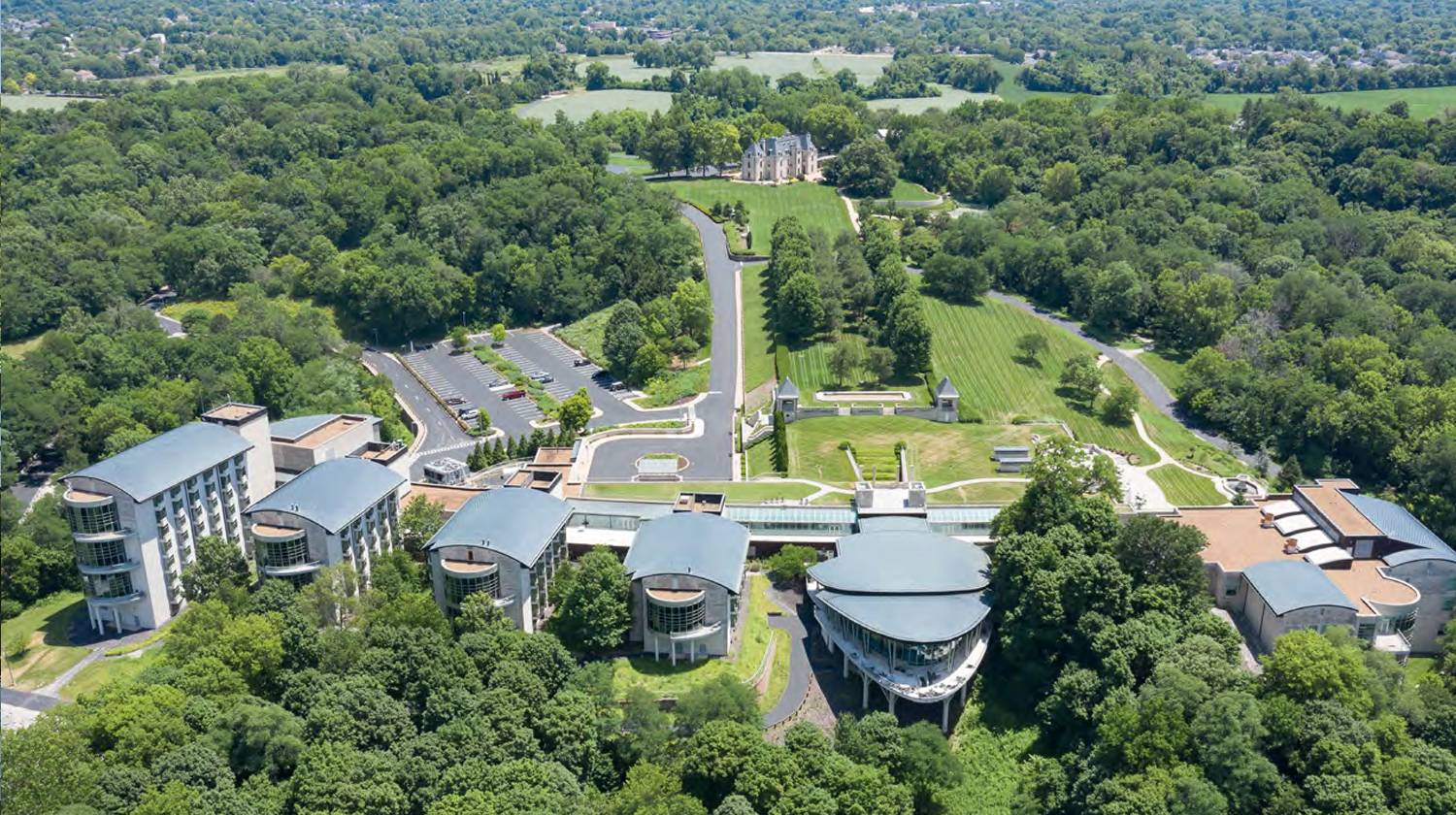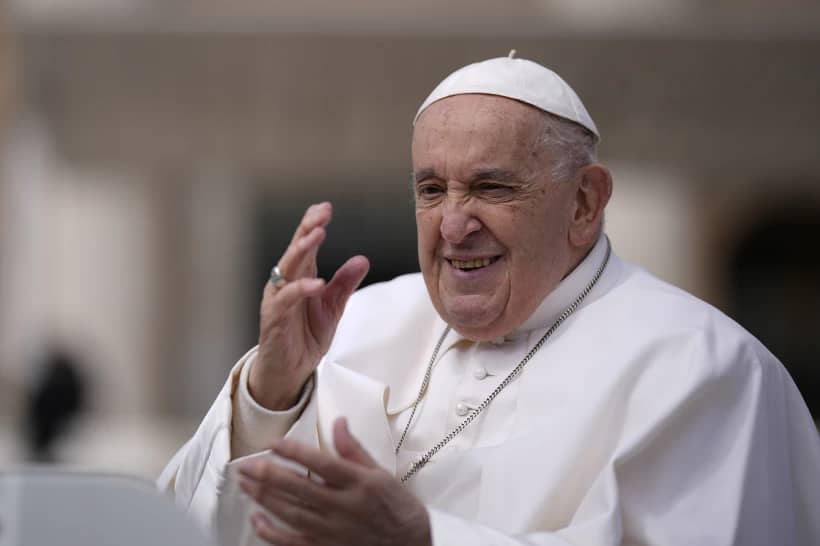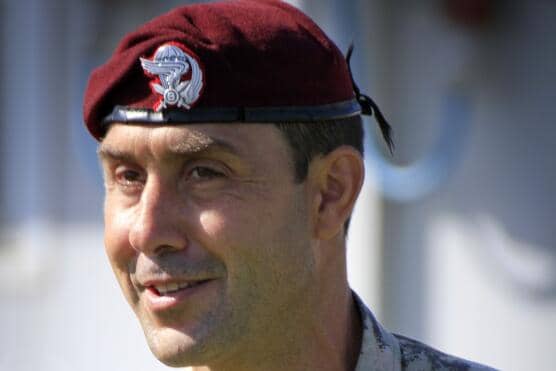SÃO PAULO, Brazil – Two frontrunners for the upcoming Mexican elections, Claudia Sheinbaum and Xóchitl Gálvez, have been campaigning about violence, seen as the major problem in the Latin American country.
The Church, which is working on a broad national platform for peace, managed to make the two major contenders commit to this, but few analysts seem to believe that they will be able to really change the critical scenario in Mexico.
In March, both left-winger Sheinbaum, who was Mexico City’s head of government between 2018-2023, and Gálvez, a center-right politician who was a senator between 2018-2023, signed the Commitment for Peace, a set of suggestions formulated by the Church and civic organizations.
The document was produced after two years of debates led by the Mexican Church with 1,600 institutions that operate in different segments of society. It encompasses seven themes – social fabric, security, justice, prisons, teenagers, governance, and human rights – and includes dozens of suggested measures that should be taken on the local, state, and federal levels in order to pacify Mexican society.
Each chapter of the Commitment for Peace introduces its theme with a brief diagnosis of the current situation. The document emphasizes, for instance, that the current crisis of violence is the worst in its contemporary history.
According to the text, “alliances between criminal structures and corrupt political and business networks operate in the country, involving a diversity of actors, crimes and victims.” Violence, it goes on, “has acquired a commercial dimension, which has allowed the control of territories and the establishment of a form of criminal governance.”
Indeed, the administration of President Andrés Manuel López Obrador is coming to an end as the one with the highest annual numbers of deaths in Mexico’s recent history. In 2023, at least 30,523 people were murdered in the nation. In each one of the six years of AMLO’s tenure, the annual number of killings was always higher than 30,000.
The Church-led document explains that such a critical condition is the result of a complex network of factors that includes issues like the historical lack of public policies for teenagers, an inaccessible justice system that leaves most of the people out of it – and lead them to resort to other means in order to solve conflicts – and the serious deterioration of the penal system.
Even so, the next president is expected by many to lead the country out of the current dead-end of wars between drug cartels that keeps millions of people living in a continuous state of emergency.
Last week, such topics were at the center of the debate between the episcopate and the two major candidates, who visited the bishops during their general assembly and talked about their platform. Both of them reaffirmed their commitment to the struggle against violence and to building a more harmonious society, among other issues.
Both Gálvez and Sheinbaum – who is a member of AMLO’s Morena party – however, left in some Catholics the impression that their platforms failed to include more effective measures to combat violence.
“The simple fact that they agreed to meet with the Church and civic organizations and learned about the document is noteworthy,” Karen Castillo, a director at the Mexican Institute of Christian Social Doctrine, told Crux. But their suggestions seem to be incipient, she added.
“My personal opinion is that they failed to deepen their ideas concerning violence and peace building. It’s necessary that they really include it in their platforms and detail their suggestions to deal with violence,” she added.
Castillo, who took part in the discussions involving the Church’s plan for peace and has been accompanying the candidates’ manifestations about it, affirmed that only the cooperation of different social agents can transform the current reality in Mexico – and a new president would be unable to do much by him or herself.
“The suggestions of the Church and the other organizations is to begin from the local level and then build relationships between the state and civic society in order to proceed with the necessary changes,” she said.
With its broad presence in the nation, the Church can play a central role in that process, something that is already happening, Castillo added.
“Church groups have been fundamental in accompanying the victims of violence, working for reconciliation, and even in mediating crises with criminal organizations,” she said.
Father José Filiberto Velázquez is one of the Church members that has been working for peace in his diocese. The leader of the Human Rights Center Minerva Bello, which supports victims of violence in the state of Guerrero, he had to mediate a conversation between two gang leaders in February, after 10 days of terror in Chilpancingo, the capital city.
The two groups were waging a war for territories with consequences for innocent members of society. Seven bus drivers were killed by the criminals during the battle, leading many citizens to stay at home for several days out of fear of being attacked on the streets. After Velázquez put the two drug lords in touch by phone, peace was attained, and the turmoil was over.
“The idea is to build peace from the bottom up. We know that criminal gangs are violent, but we dialogue with them in order to avoid more damages,” he told Crux.
Although there have been a few episodes of violence since then, peace has been mostly maintained in Guerrero over the past couple of months, Velázquez said, with a reduction of 20 percent in the number of killings.
“The dioceses can choose to get involved in such processes if they think it’s appropriate. It’s not something imposed on them,” he said.
Velázquez emphasized that such a process is long and difficult, “given that the criminal organizations got involved with economic and political structures and have an enormous power in Mexico nowadays.”
“A new president may have the best intentions, but he or she will not be able to change that,” he said.
He doesn’t expect much of Sheinbaum, who is leading the race for the June 2 elections with 58 percent of support according to recent polls – more than 20 percent ahead of Gálvez – given “that she represents a continuity of AMLO’s strategies.”
In his opinion, Gálvez will “recycle former President Felipe Calderón’s policies, and violence only grew back then.” Calderón was the president between 2006-2012.
“I don’t see anything new coming from them. The only hope is that they really assume the Church’s suggestions and integrate them into their platforms,” the priest said.








